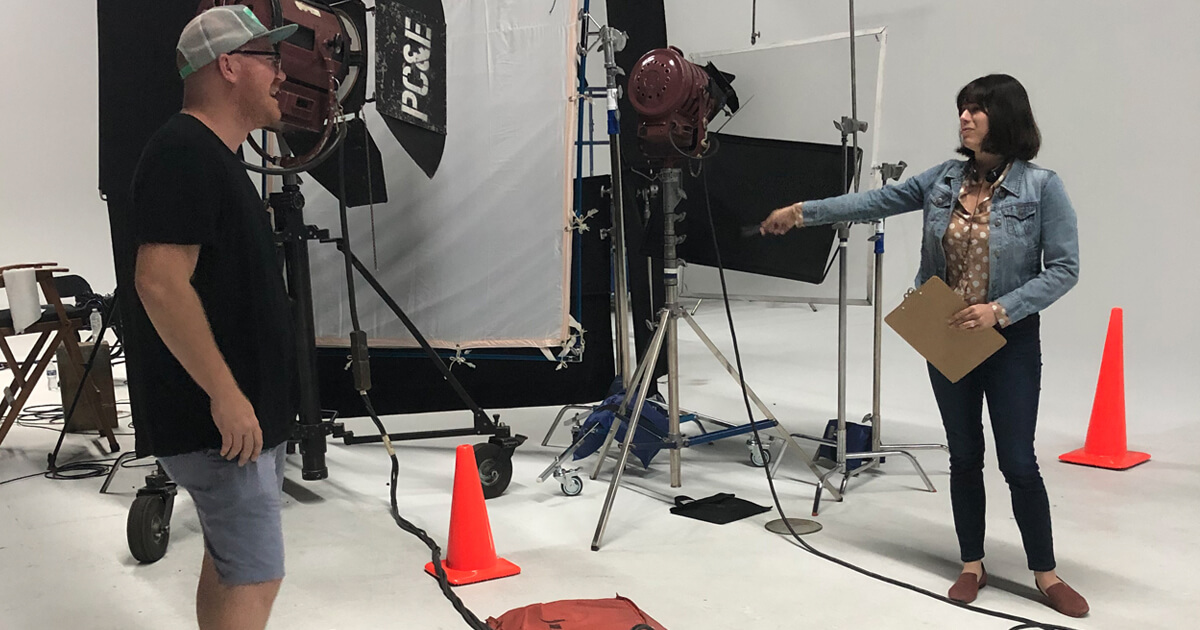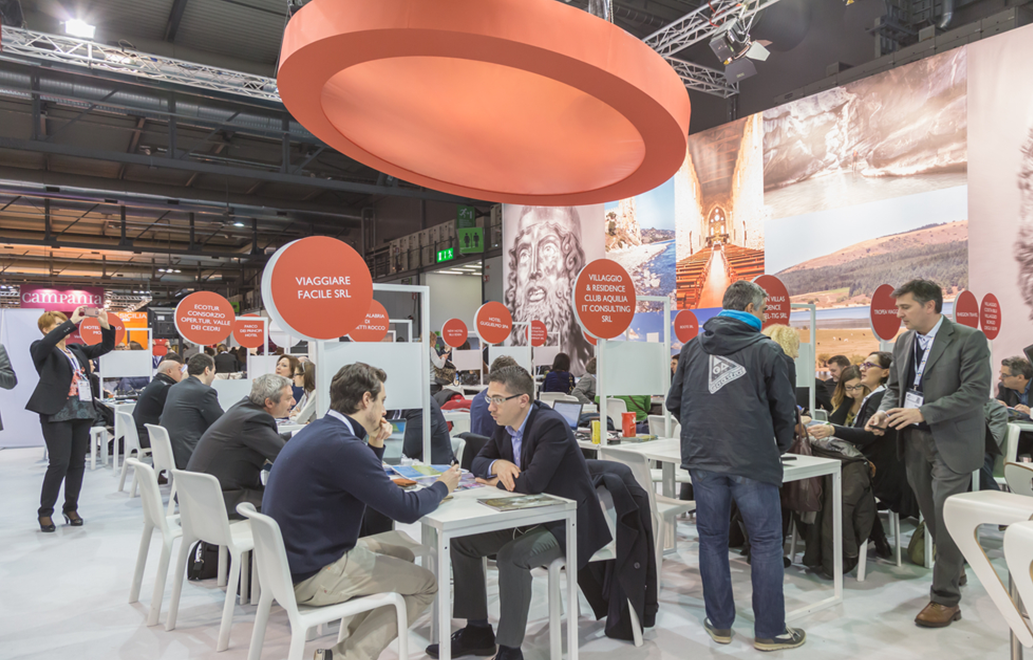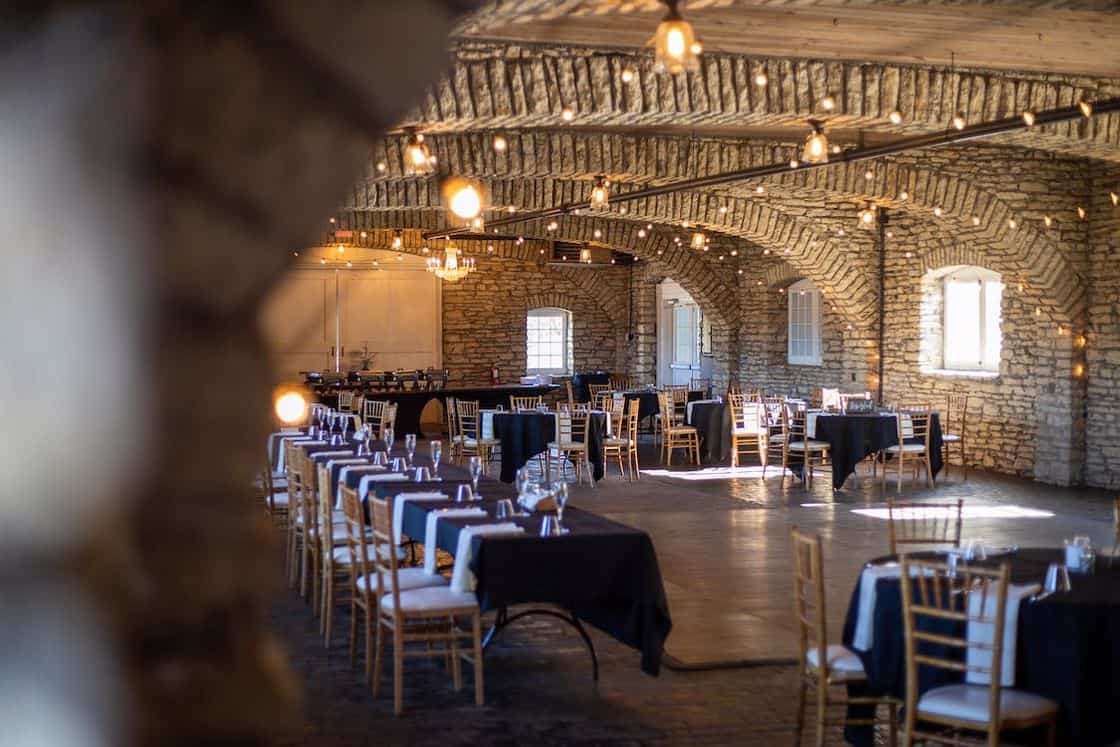Recognizing Event Production: Why It Is Vital for Successful Gatherings
Event production plays an essential duty fit successful celebrations. It involves mindful planning, control, and execution to assure every detail lines up with the event's vision. This process not only boosts attendee experiences yet also promotes meaningful links amongst participants. Recognizing the complexities of event production can greatly affect the total outcome. What are the crucial elements that contribute to an effective event, and just how can they be effectively handled?
The Duty of Event Production in Creating Memorable Experiences
Lots of variables add to the success of an occasion, event production plays a crucial role in crafting memorable experiences. This diverse process includes numerous components, consisting of preparation, logistics, and implementation. Reliable event production guarantees that every detail aligns with the overall vision, creating a seamless flow that captivates attendees. By coordinating timelines, managing resources, and overseeing technical aspects, event producers develop a structure for impactful experiences.Moreover, they curate settings that reverberate with the target market, improving engagement and psychological link. From choosing appropriate locations to integrating innovative technology, the choices made throughout production substantially affect exactly how attendees perceive and keep in mind the event. By prioritizing high quality and attention to information, event production changes normal events into extraordinary minutes, leaving enduring impressions. Inevitably, the proficient orchestration of these elements defines the significance of an event, showcasing the importance of specialist event production in accomplishing extraordinary outcomes.
Trick Parts of Effective Event Production
Reliable event production hinges on numerous key elements that assure success. Planning and sychronisation develop a solid foundation, while technological setup demands resolve logistical needs. Furthermore, implementing audience interaction approaches enhances the general experience, making the event remarkable.
Preparation and Coordination
Planning and sychronisation offer as the foundation of successful event production, guaranteeing that every detail lines up seamlessly to create an unforgettable experience. Efficient preparation entails developing a clear vision and objectives, while coordination entails the precise organization of logistics, routines, and sources. A distinct timeline is necessary, assisting all stakeholders with critical landmarks and tasks. Interaction plays a critical duty, cultivating cooperation amongst employee, suppliers, and place personnel. Routine meetings and updates assist to deal with difficulties quickly, ensuring that everybody stays lined up with the event goals. Ultimately, an organized strategy to preparation and sychronisation not only enhances performance however likewise significantly contributes to the overall success and satisfaction of the event for guests and organizers alike.
Technical Setup Requirements
An effective event depends heavily on its technological configuration requirements, which incorporate necessary elements such as audio-visual equipment, lights, staging, and connectivity. Audio-visual tools includes microphones, audio speakers, and projectors, making sure that presentations and efficiencies are delivered plainly. Appropriate lighting improves the ambiance and highlights crucial areas, while presenting offers the necessary platform for audio speakers and performers. Connection, including Wi-Fi and electric access, is crucial for seamless communication and modern technology combination. Each part should be diligently prepared and executed, tailored to the event's details needs. Insufficient technological configurations can bring about disruptions, adversely affecting the overall experience for guests, highlighting the relevance of complete preparation and interest to information in event production.
Target Market Engagement Methods

The Importance of Preparation and Sychronisation
Preparation and coordination are crucial to the success of any type of event production. Reliable timeline monitoring, resource appropriation strategies, and team communication dynamics play important roles in guaranteeing that all elements integrated perfectly. Without an organized strategy to these facets, events take the chance of encountering hold-ups, budget plan overruns, and miscommunication among team members.
Reliable Timeline Monitoring


While successful event production commonly depends upon creative thinking and implementation, effective timeline management remains a vital aspect that can not be ignored. A well-structured timeline works as the foundation of any kind of event, making certain that each stage is implemented in a prompt fashion. It permits the control of numerous tasks, from location setup to guest arrivals, while preventing potential traffic jams. By plainly detailing due dates and responsibilities, event coordinators can keep emphasis and adjust to unanticipated difficulties. he has a good point Furthermore, a carefully crafted timeline fosters interaction among team participants, advertising responsibility and collaboration. Inevitably, efficient timeline administration not just boosts operational performance yet likewise adds considerably to the general success and smooth implementation of the event, leaving guests with a memorable experience.
Source Appropriation Methods
Effective source allotment strategies are critical for the successful implementation of any event. Appropriate planning enables event coordinators to determine and disperse resources, such as financial resources, personnel, and materials, in a fashion that optimizes efficiency. By examining the details needs of each element of the event, coordinators can prioritize tasks and allocate sources as necessary. Coordination amongst various divisions makes sure that all components, from dealing with audiovisual requirements, are adequately supported. This critical approach not only lessens waste yet also enhances the general experience for participants. In addition, anticipating prospective difficulties and having backup strategies in position permits smoother operations. Eventually, efficient source allocation adds substantially to attaining event purposes and assuring a memorable gathering.
Team Communication Dynamics
Just how can smooth interaction amongst employee transform the event production process? Efficient communication is essential for working with jobs, sharing updates, and resolving obstacles in real-time. When employee take part in open dialogue, they can rapidly identify potential issues and create remedies collaboratively, decreasing hold-ups and misunderstandings. This dynamic fosters a natural setting where everyone comprehends their functions and duties, leading to a more synchronized effort. Additionally, routine check-ins and responses loops improve liability and warranty positioning with the event's objectives. By focusing on interaction techniques, groups can simplify process, bolster morale, and eventually raise the overall high quality of the event. Successful gatherings rest on the capability to interact effectively, making it a necessary component of event production.
Enhancing Participant Interaction Through Imaginative Style
Imaginative design plays a critical function in improving guest engagement at events, as it promotes an immersive atmosphere that astounds participants' focus. By integrating innovative visuals, interactive aspects, and thematic design, event organizers can develop unforgettable experiences that resonate with attendees. Thoughtful layout styles promote movement and exploration, motivating guests to engage with displays and each other.Incorporating innovation, such as increased truth or live polling, further enriches the experience, permitting real-time responses and interaction. Additionally, sensory components like lights, sound, and fragrance can evoke emotions and create a more appealing atmosphere.The use storytelling through style assists convey the event's purpose and message, making it much more relatable for attendees. Eventually, imaginative style not only improves interaction but likewise strengthens links amongst participants, leaving a long-term perception that expands beyond the event itself. This tactical strategy to layout is vital for successful gatherings.
Managing Logistics for a Smooth Implementation
While the excitement of an event can attract participants in, taking care of logistics is vital to safeguard a smooth implementation. This involves carefully coordinating various aspects, from location selection and format to wedding catering and transportation. Effective logistics monitoring guarantees that all elements line up, permitting a smooth flow from enrollment to the final thought of the event.Additionally, a clear communication strategy among all stakeholders is crucial. This includes staff, suppliers, and volunteers, who should be informed of their duties and duties. Expecting prospective challenges, such as tools failure or unexpected climate condition, can additionally enhance the event's success.Creating a thorough timeline assists keep the team on the right track and enables prompt adjustments. Eventually, well-managed logistics not just promote an enjoyable experience for participants however likewise mirror the professionalism and reliability and integrity of the coordinators, adding to the overall success of the celebration.

The Impact of Technology on Event Production
What duty does modern technology play in shaping modern event production? Modern technology has ended up being a foundation of effective event production, boosting both preparing and implementation processes. From innovative registration systems to interactive applications, innovation simplifies attendee management and enhances interaction. Digital event platforms permit organizers to reach broader audiences, damaging geographical obstacles and promoting hybrid events that combine in-person and on the internet experiences.Additionally, audiovisual modern technologies, such as high-def screens and stereos, elevate the top quality of discussions and efficiencies, making sure an unforgettable experience for guests - event production charlotte. Social network integration makes it possible for real-time feedback and communication, fostering neighborhood involvement previously, during, and after the event. Furthermore, data analytics tools assist coordinators in keeping track of participant actions and preferences, allowing tailored experiences that resonate with diverse target markets. Generally, the combination of technology in event production not just enhances functional effectiveness however also enriches attendee experiences, inevitably adding to the success of the event
Assessing Success: Gauging the Results of Your Event
Success in event production depends upon effective examination, you can look here which entails gauging a range of outcomes to assess the general influence of an occasion. To achieve this, coordinators can utilize both qualitative and quantitative metrics. Quantitative steps may consist of participation figures, ticket sales, and profits created, while check my reference qualitative evaluations could entail guest complete satisfaction surveys and responses forms.Additionally, assessing social media interaction and media insurance coverage can supply insights right into the event's reach and brand name effect. Contrasting these metrics against predefined objectives aids establish if the objectives were met.Furthermore, post-event debriefs with the preparation team can uncover lessons learned and locations for enhancement. By methodically reviewing these end results, event producers can improve future celebrations, making certain constant growth and success. Eventually, an extensive evaluation not only highlights achievements but also informs tactical decisions for succeeding events, promoting a culture of quality in event production.
Regularly Asked Concerns
What Certifications Should an Occasion Manufacturer Have?
Event producers should possess strong organizational abilities, creative thinking, and reliable interaction capacities. A background in job management, budgeting, and arrangement is important. Appropriate qualifications and experience in varied event types additionally improve their certifications.
How Can I Reduce Event Production Prices Properly?
To effectively decrease event production prices, one can streamline supplier selection, work out agreements, make use of internal resources, prioritize vital components, carry out modern technology for effectiveness, and explore sponsorship chances to balance out expenses without endangering high quality.
What Are the Typical Obstacles in Event Production?
Typical obstacles in event production consist of spending plan constraints, logistical control, vendor monitoring, time constraints, participant involvement, technical difficulties, and unpredicted scenarios - event production charlotte. Each variable can substantially impact the total success and smooth implementation of the event
Just how Do I Pick the Right Venue for My Event?
Choosing the best place includes taking into consideration factors such as place, capability, features, and budget plan. Additionally, evaluating accessibility and setting ensures the chosen space straightens with the event's objectives and enhances the overall participant experience.
What Is the Normal Timeline for Planning an Occasion?
The normal timeline for preparing an occasion differs, but normally includes phases such as idea development, place choice, supplier sychronisation, promotion, and last preparations, often extending several months to assure a successful implementation.